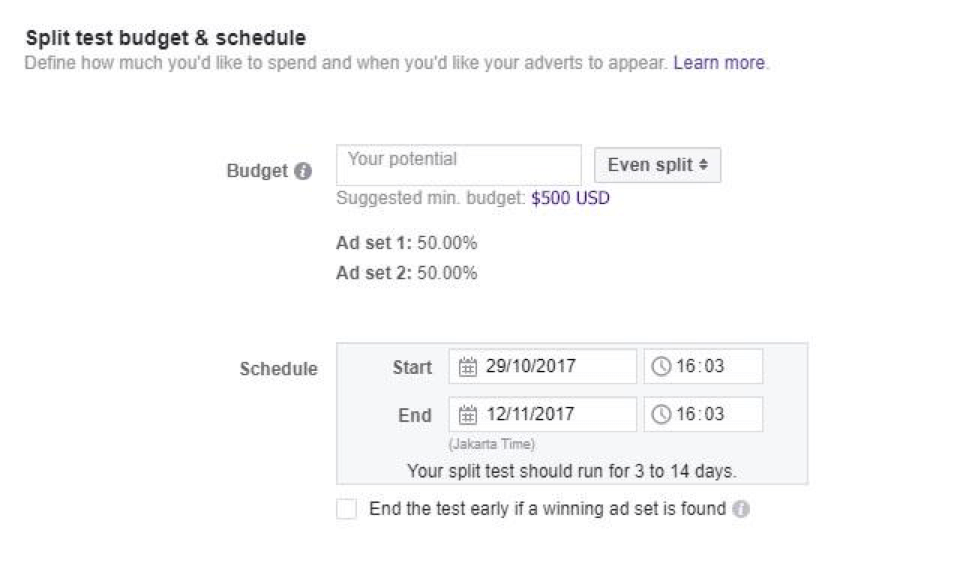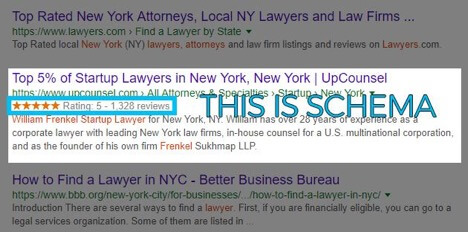If you’re fresh out of law school, you might consider starting your own law firm. In order to succeed in legal profession, having the ability to find new clients will become the foundation of your success.
One of the first things new lawyers that you can do to spread the word of your career is by simply talking about it. Whenever you meet new people, let them know you’re a lawyer.
What you shouldn’t be doing is giving away free advice but instead discuss what it is your law firm can do and how they can get in touch with you.
If you want a few more ideas on how an attorney can get clients, here’s a list of ideas to help you refer clients and grow your firm.
Friends and Family
Your friends referring clients and family will be one of the best referrals to help you find new clients as an attorney.
Since they know you best, you’ll become the first person they’ll mention if one of their friends or someone they know needs a lawyer.
If you’re opening a new firm, be sure to send an announcement via letter or e-mail to let everyone know.
Join the Bar Association in Your Community
If you have absolutely no connections, the first thing you should do is join any bar associations of committees in your community. Making connections and building relationships with other attorneys will give others a chance to get to know you and what you do.
Eventually, this can lead to mutual exchanges of clients back and forth. If one of your new lawyer connections has a client they can’t help (i.e. your connection is a divorce lawyer looking for legal advice for a car accident) they may refer that client to you.
In exchange, when you get clients at your own law firm, seeking services you don’t provide, you can refer them to someone in your list of connections.
Develop Your Online Presence
Social media and online browsers are great places to start finding clients as an attorney.
Get started with a website. Having a website allows you to showcase your previous cases, give information about your law firm, and most importantly, let’s visitors know how you can help.
Once thing to consider when setting up a website to find new clients is your domain name. The domain name you choose for your law firm’s online identity should stand out and briefly highlight your area of expertise. Make sure you choose the right domain name for your brand new law firm, before going live.
With your newly made law firm website, you can begin to share your knowledge on a blog. Blogging allows you to share content about your law firm in a way that connects with prospective clients dealing with legal problems.
Articles like, “What to do if you want a divorce” or “Steps to take after a car accident” provide information people may be searching. Of course, within articles like those will include “contact a lawyer to start a consultation.” If you’re content marketing is done well, you can use blogs to attract visitors to your website, get them to contact your firm, and potentially increase the number of clients you get.
Social Media
With a blog for your law firm’s website you can begin sharing content on places like Facebook, Twitter, Instagram, LinkedIn. Sharing on these platforms allow you to make direct connections with those who may need your legal services.
As your social media channels grow in size, you can occasionally share promotional posts such as “Get a free consultation” or “You pay if we win!”
Posting frequently on social media is how you’ll stand out online. While this may seem like an added amount of work, your posts have the ability to get new clients organically. An alternative to this would be advertising.
Advertising
Two methods of online advertising for lawyers is by hiring a Google Adwords agency or a Facebook Ads agency / Instagram Marketing Agency.
Creating a pay-per-click (PPC) campaign with Google will put your law firm’s website at the top of the search engines. Instead of worrying whether your website is ranking high in the search engines organically, you can use a PPC campaign to put you at the top.
Google AdWords uses keywords to match your ads with someone searching for it. For example, if someone was searching for, “attorneys in New York,” having an ad using that phrase will increase the likelihood of it being clicked. However, depending on where you live and what area of practice you are in, Google AdWords can be very expensive.
Facebook Ads is another way for an attorney to get new clients. You can modify your ads to target specific groups of people and create a distinct purpose. Facebook ads can be used to grow your social media page or directed toward a contact page or get in touch with your firm.
You can also create ads for LinkedIn and Instagram depending on your practice area and how detailed you know your prospective client types.
When using online advertising to push clients to your website, be sure to send traffic to pages that convert. You could end up paying a lot of money if you’re web pages are not created to turn a curious visitor into your next client.
Attorney Lead Generation Services
If you’re not good with technology, social media, or websites, you can use an attorney lead generation service to find new clients.
Total Attorneys and AttorneyBoost are services which allows you access to a pool of people looking for a lawyer. Total Attorney handles your own marketing efforts and sends traffic to your website.
Online attorney solutions vary in quality of clients and conversions on your website. Use these with caution.
As an attorney, getting clients is the key to a successful legal practice. How you find clients will require a combination of the above ideas in addition to the methods you discover and learn.
How to Get New Clients as a Lawyer
In the legal sector, digital marketing can attract up to 50% of potential clientele.
How Lawyers Get New Clients With Networking
Networking has never been a buzzword anymore and the key is to be a part of every sector. In law practice, lawyers must create networks for the client. Networking is essentially more than meeting attorneys at conferences or meetings. While networking has an important role to play, extensive networking is essential for attorneys in order to connect to individuals and entities outside a legal network. Imagine a motorcycle accident lawyer.
Lack of Positive Reviews
Our society is fueled by online reviews in a way where the average person will value the online review more than a friend will. When one searches online for an attorney, the choice usually depends on what stars are next to the firm. A lawyer who received poor ratings should read the reviews of those reviews carefully, as 90% of consumers’ decision is made based on what they read. Having positive feedback from previous clients can give them confidence that you have a great reputation and increases the chances that you will be asked for an interview. Then again, online reviews must be considered a bit like the credit ratings.
How Can Lawyers Get More Clients With SEO
The next steps in becoming a successful lawyer involve using the power of search optimization. Search engine optimization for law firm attorneys is a technique that makes your website recognizable for search engines. the Google search it’s algorithm for rankings differ according to various factors. Websites that get high rankings may appear on page 1 of the search engines. This organic results are shown above the paid advertisements, more about those advertisements to be announced soon. If one wants to be viewed in a clientele area the importance is in creating a landing page on the SERP.
Build a High-Performance Website to Attract More Legal Leads
If potential clients see you through an appealing website they will be happy with your firm’s ability. Using these steps, you can convert prospects into customers. A good lawyer’s website is essential and must have no overstatement. Having no good website can result in poor performance in marketing and advertising campaigns. Your paid marketing strategy generates a terrible return on investment. If you thought you didn’t have the skills to write an effective website to attract and retain new legal clients, then it’s not necessary.
Build an Online Presence
Referrals provide many clientele. However, it is decreasing from 21% in 1 year to 43%. It doesn’t surprise anyone as 96% seek legal counsel online for their questions. As a lawyer looking for clients you should not neglect the potential for digital marketing. The internet has become a more effective platform to advertise & have clients find other clients. How can I make more leads through my website? SEO isn’t a simple process.
Referrals From Other Lawyers
85% of business is generated through referrals. Developing strong relationships with your former clients and colleagues is the key for the business development side of an effective legal practice. Of course, sometimes it is necessary to go an additional mile for the best possible customer satisfaction. Law firms with higher referrals usually have quid pro quoi. Tell your customers you appreciate this gesture when a client does!
Create Free Lead Generation Opt-ins
To gain legal clientele, an attorney should gain the confidence of their target audience. This can easily happen utilizing free lead generation opt-ins. In general, lead generation opt-ins are very valuable content and can be easily accessed through e-mail. What are the similarities? Maybe you have already tried doing it to look at an item. For a new attorney, you can download e-books and other useful documents for legal matters (e.g. filing a divorce). Tell me the reason why people signup as clients?
Legal Directories Are a Good Source for New Law Firm Clients
Lawyer’s lists will help you improve brand visibility in many ways. Specifically, we suggest that you use legal directories to ensure search results are valid for multiple directories. Listed in legal directory websites can improve online visibility. Among the most popular legal websites you can find a list of all the top legal professionals and firms you work with in one site: You’re better off using multiple directories to increase visibility.
Local SEO Is Key to Getting More Lawyer Clients
Local SEO is an online optimization method that targets clients located near the location of law firms. This is the most efficient way to have clients find lawyers for a client. If your website has local clients, it must be optimized with keywords that match specific locations. You just need to tweak your keyword list and include words like the name of the city you live in. So let me say your lawyer provides bankruptcy services in Atlanta, Georgia. You can use the keyword Bankruptcy law practice in Atlanta.
How Lawyers Get Clients With Organic Search
Most people know about SEO. You might even be able to see how this is done by weaving keywords into the site content. Moreover, many people can type his query on Yahoo, and then contact an attorney for advice on the matter. But these are merely a few SEO tactics worth pursuing. Optimizing your website for search makes it a better search site. And a drop in rankings is astronomically huge. What does Google think happens when it shows up first in search? How many times do people click a site to get more visitors?
How to Get More Clients for My Law Firm Using SEO (Tutorial)
To improve search visibility, there are online and offline optimization strategies that need to be considered. For a personal injury lawyer alone, it can be tricky to determine keywords when searching a website for a particular keyword. We say this to our potential clients. Tell me your desire? How can one illustrate this problem? It’s great, and you aren’t here yet. Tell me the answer to this question? Your prospective clients will probably look into “what happens in personal injury cases” more frequently.
Run Advertising Campaigns
Often the most recent lawyers have a preference towards paid advertising. Advertising is available in all forms: print, radio, television or online. Because our firm specializes in Digital Advertising for Law Firms, our focus is Internet Advertising. It is also advantageous for your potential client-ele to find leads quickly within your target location. Tell me the way things are working. I mean, a man searches online for criminal lawyers in New York. Depending on the content of your site your ads should appear above the main page. The chances are increased that a customer clicked on a link or booked a meeting on this site. Does that sound very nice? Basically, advertising is an incredibly effective way to attract customers.
Be Helpful to Get More Clients
Several prominent law firms need SEO to be successful in Google. Your company is unique. Use Google Ads and digital advertising to improve your search ranking and increase visibility on search engines. Can someone get more legal clients? Answering client questions. The more beneficial the content, the longer they remain on your search engine marketing website.
Lawyer Directories
Legal directories are an excellent resource to grow your visibility. They help lead finding more paying clients by having an important place where they can be seen. Check all the legal directories available and confirm your application is approved. You can increase the chances people call you when someone wants help. Several legal directory websites specialize in just one field. Therefore, knowing what makes your presence different is important for a great result and for you.
Slow Response From Legal Team
Tell me the average amount of time a prospective customer takes in response to a website request? It’ll be hard to turn prospects into business. This is possible via chat bots or automated software. The technology can respond automatically to requests for specific data from clients. Automated response meets client’s desire for instant gratification.
Reputation Management Is Key
Let’s just say that some reviews will be good, some are bad. Finally, you must address the negative review. Your answers will show you the integrity your prospects are looking for. Upon the failure of a project, it will go back. Negative reviews can be useful lessons if you are concerned about something you could improve. All negative comments will mean that you either give help or contact me directly. Besides reputation management, some of these directories have been mentioned previously.
Make a Great First impression
Having a good first impression is vital for convincing someone to trust you on personal issues. With an ever-changing legal landscape, every law firm should differentiate themselves as an important choice for clients. Insight from clients automate their intake process to improve customer satisfaction. The rapid response of our clients leaves lasting impressions in every step of their journey.
Smooth Client Experience
Without the need for an ongoing client intake, the leads (potential customers) often get lost. Consumers enjoy smooth and low-effort experiences. The more attention you give the child the more happiness they’ll have. Client intake software allows for quick access and quick collection of leads’ data using an online client intake form that automatically creates a record of them in your database.
Email Marketing Can Get Lawyer Clients
Email marketing offers many benefits. Email marketing is a very efficient way of managing it all. For instance, if a user visits the blog a few days before the event and provides their information, you can include it in the list you have on this website. Afterwards, it is possible that you send regular mail weekly. The emails are intended to remind clients that your firm exists.














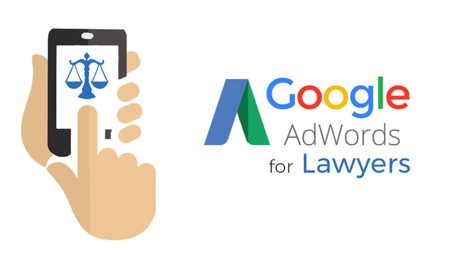

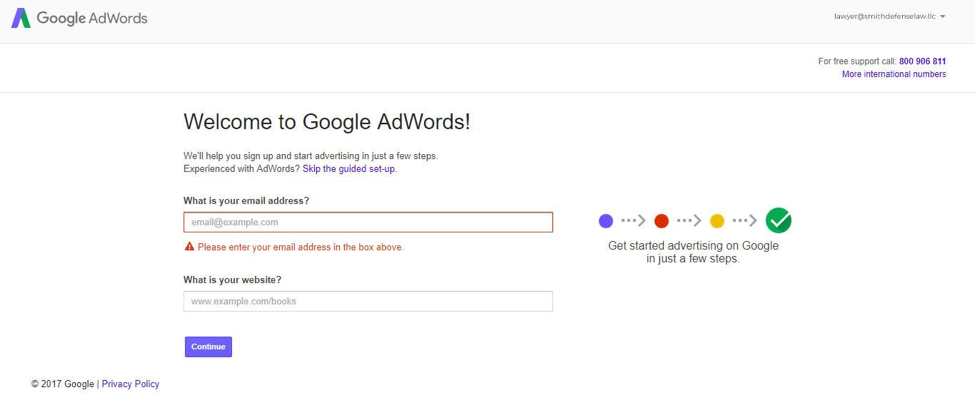
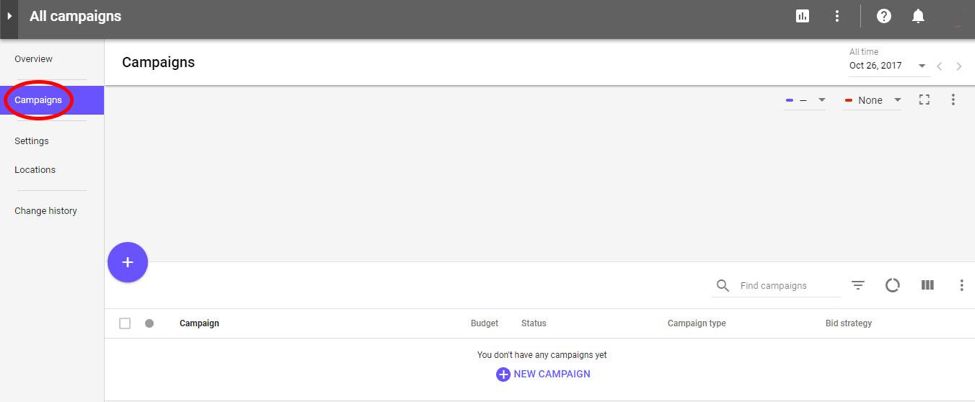
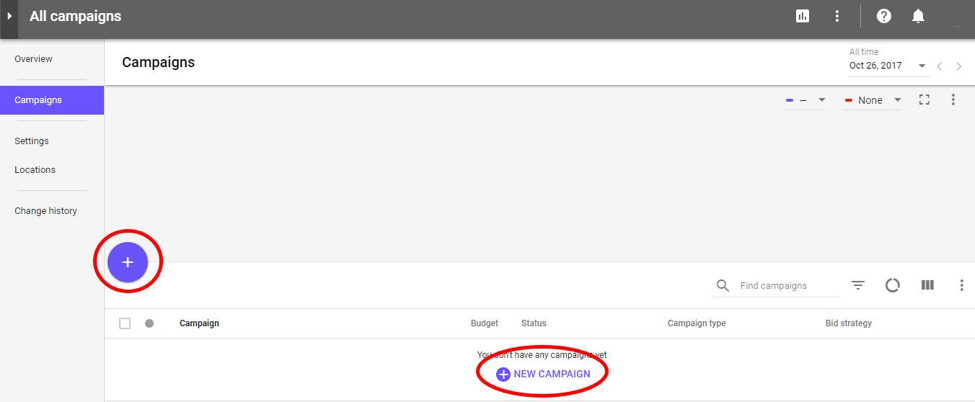
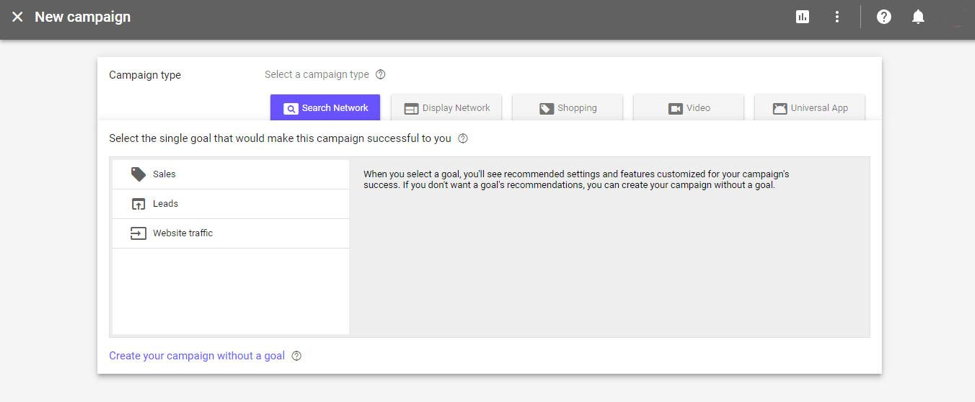

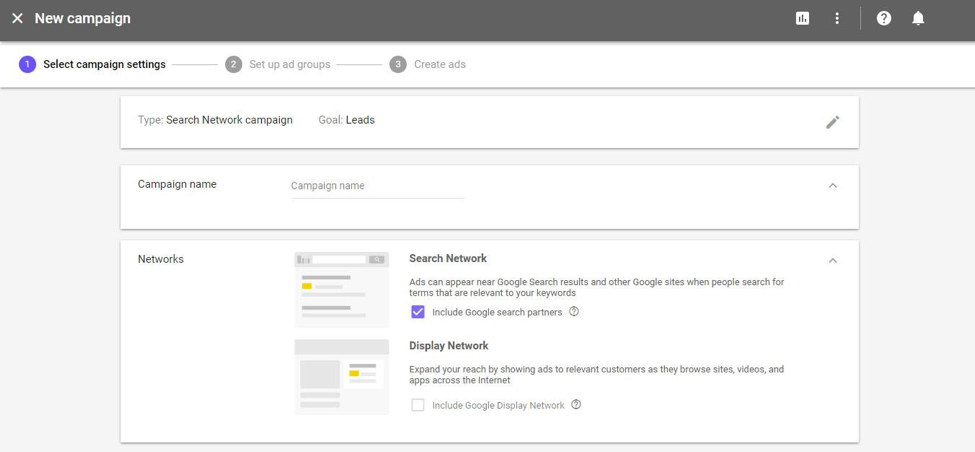
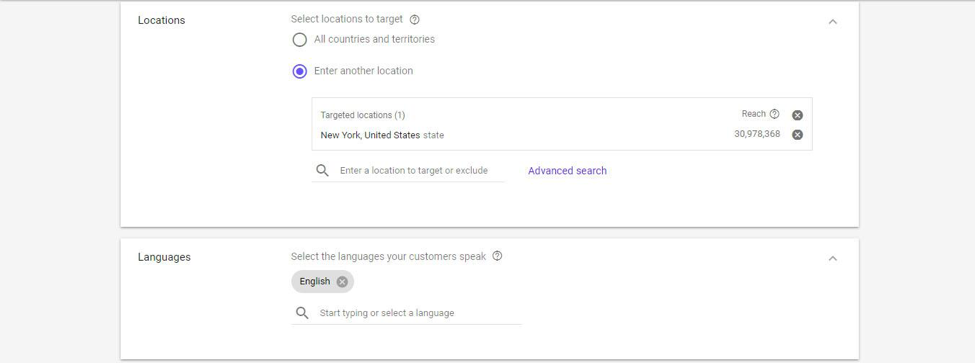
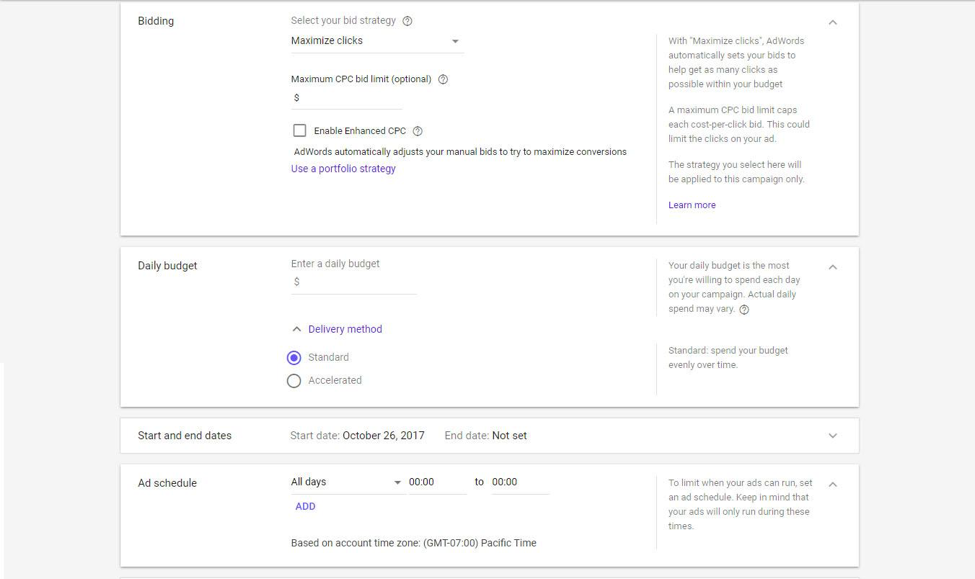
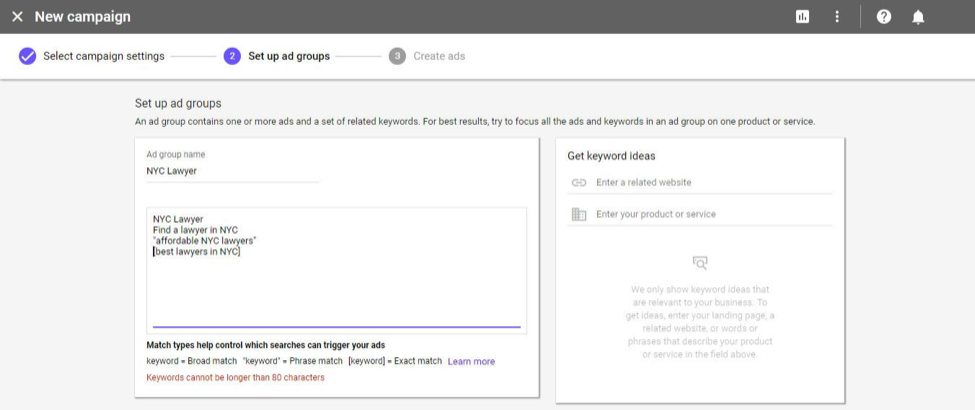
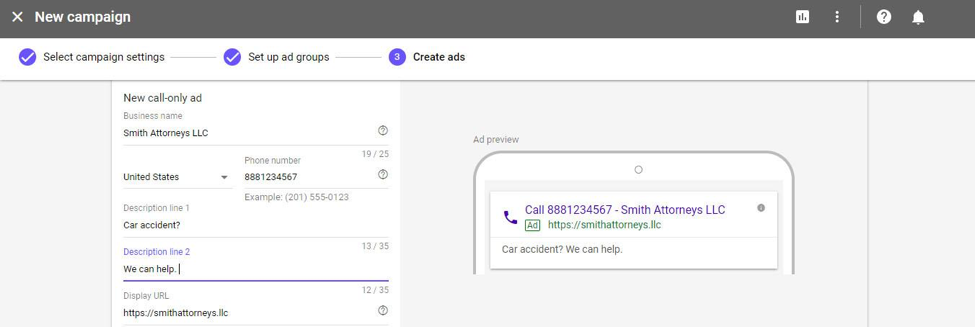
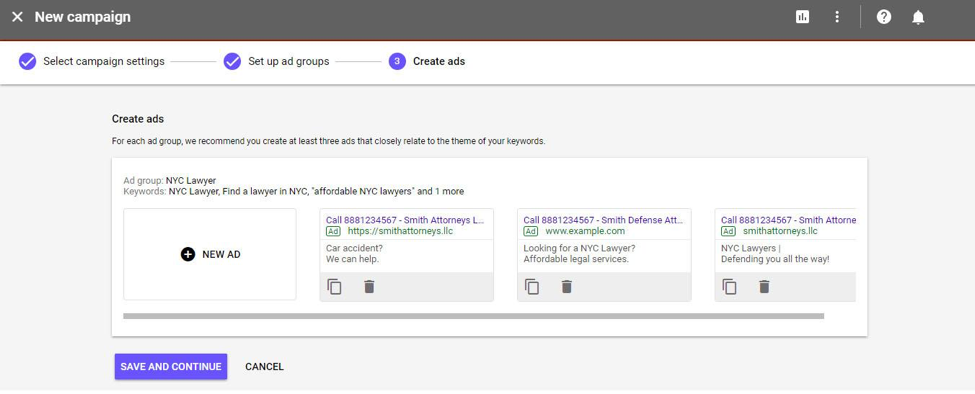

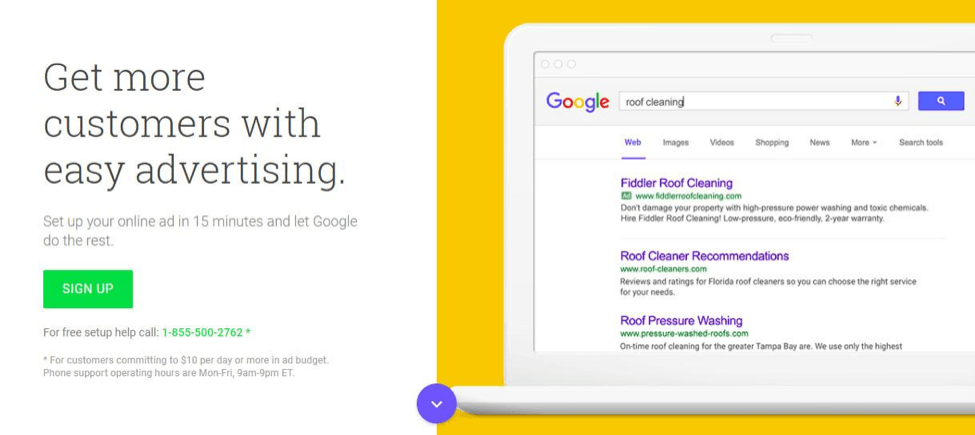
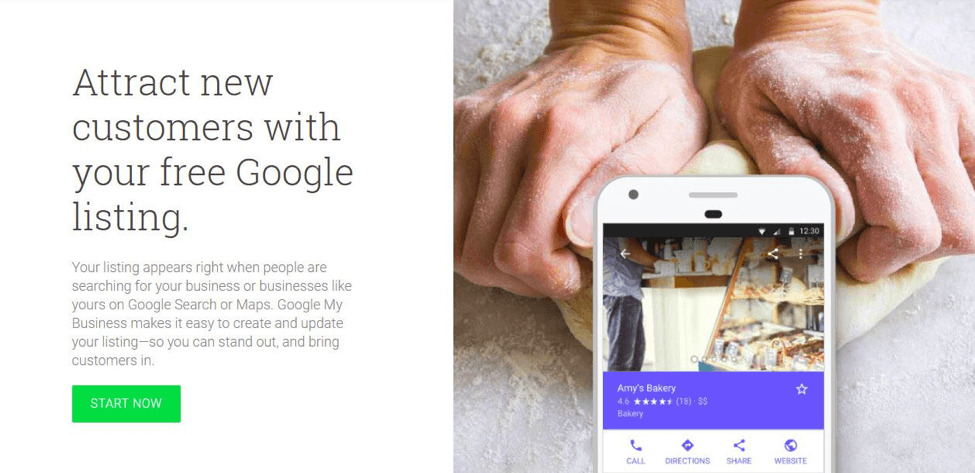
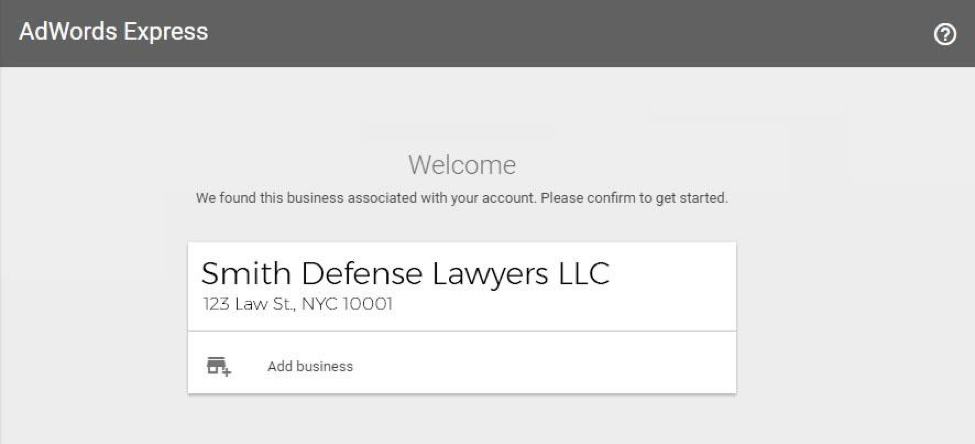
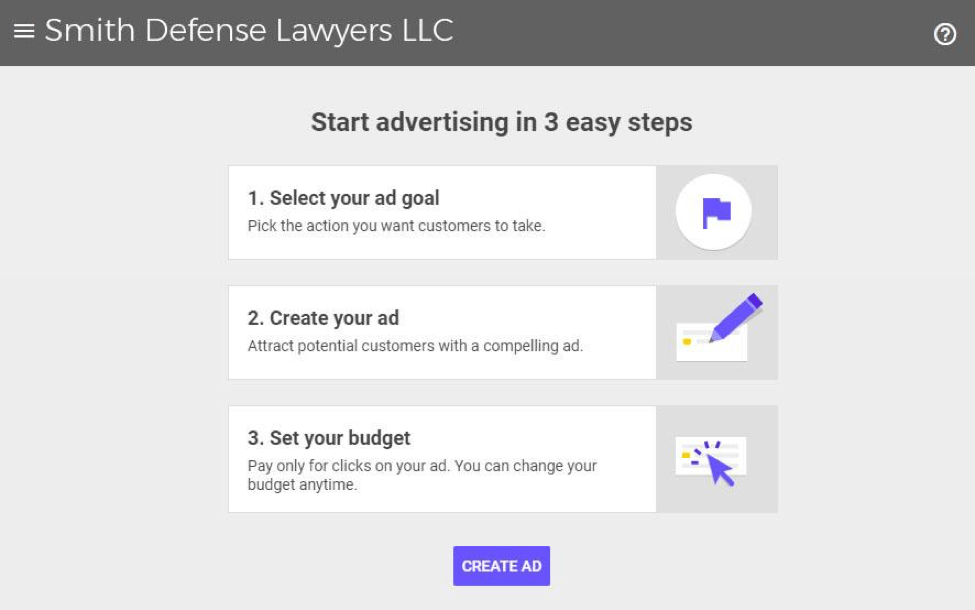
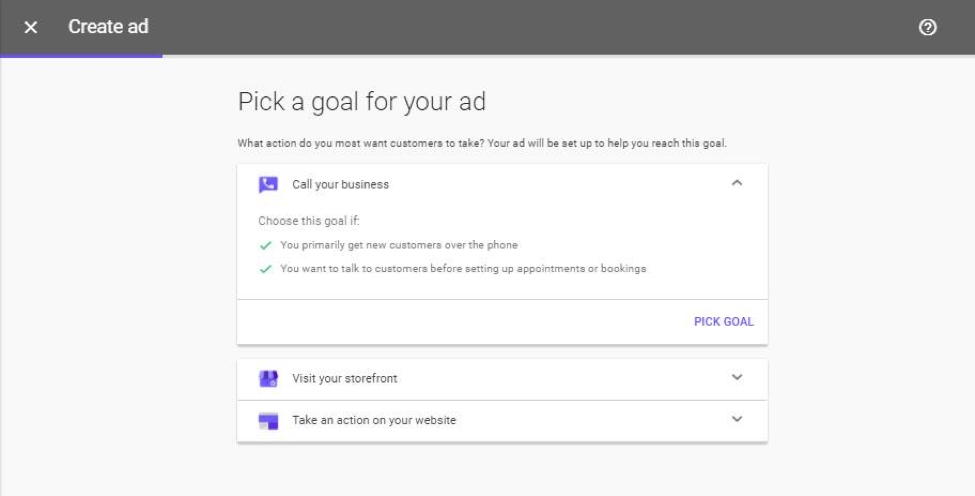
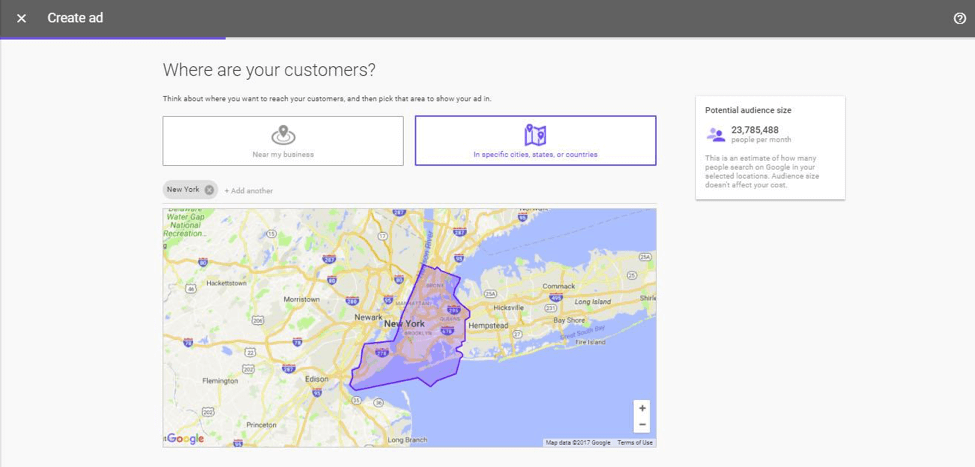
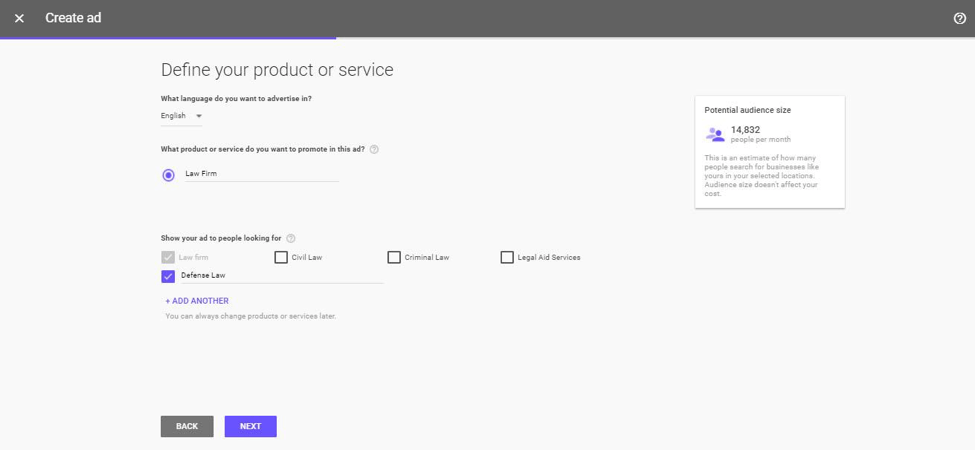
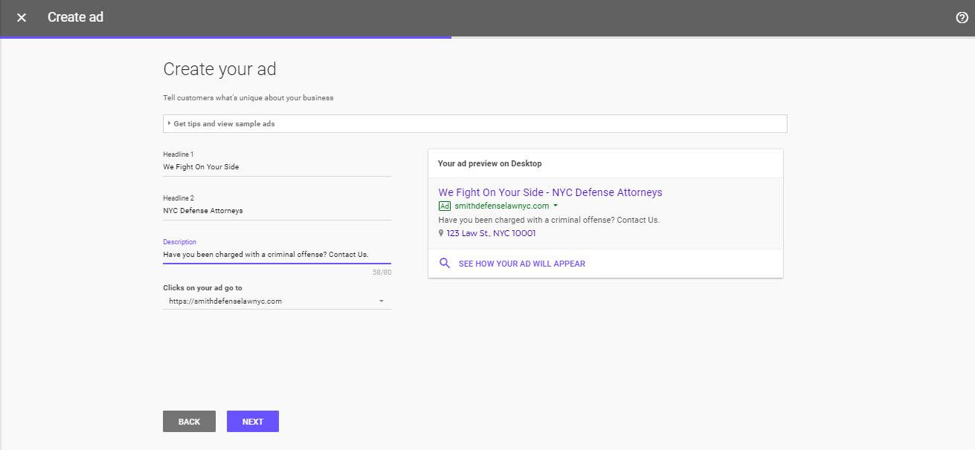
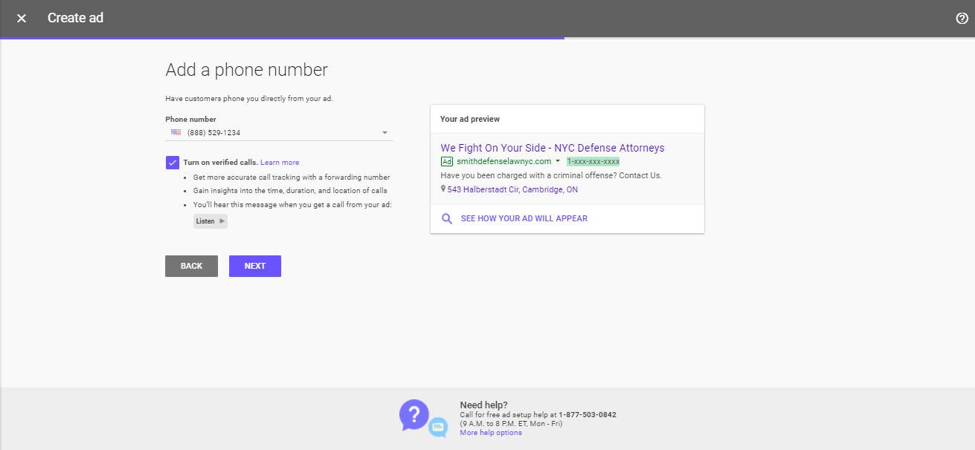
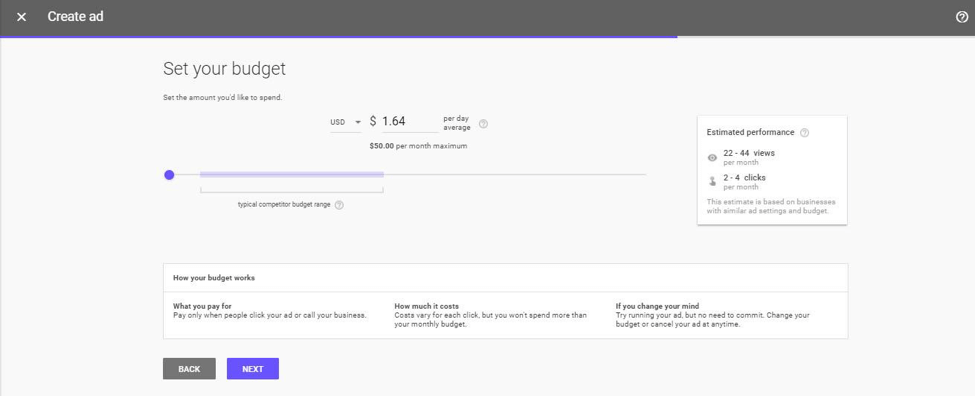


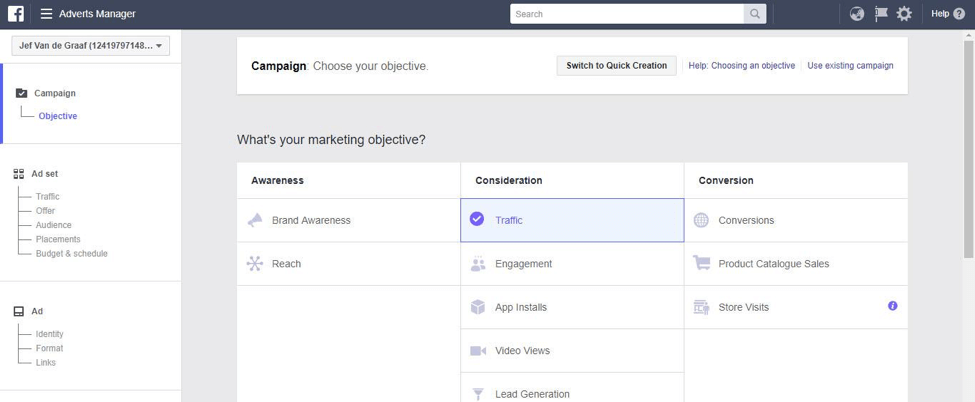
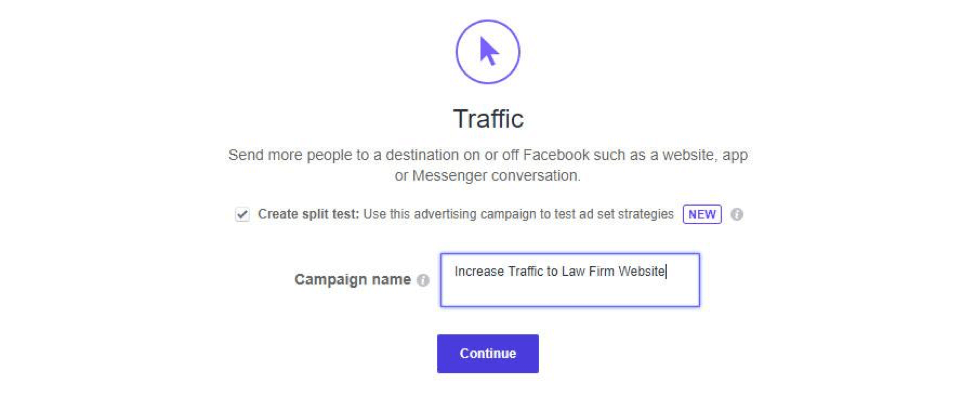

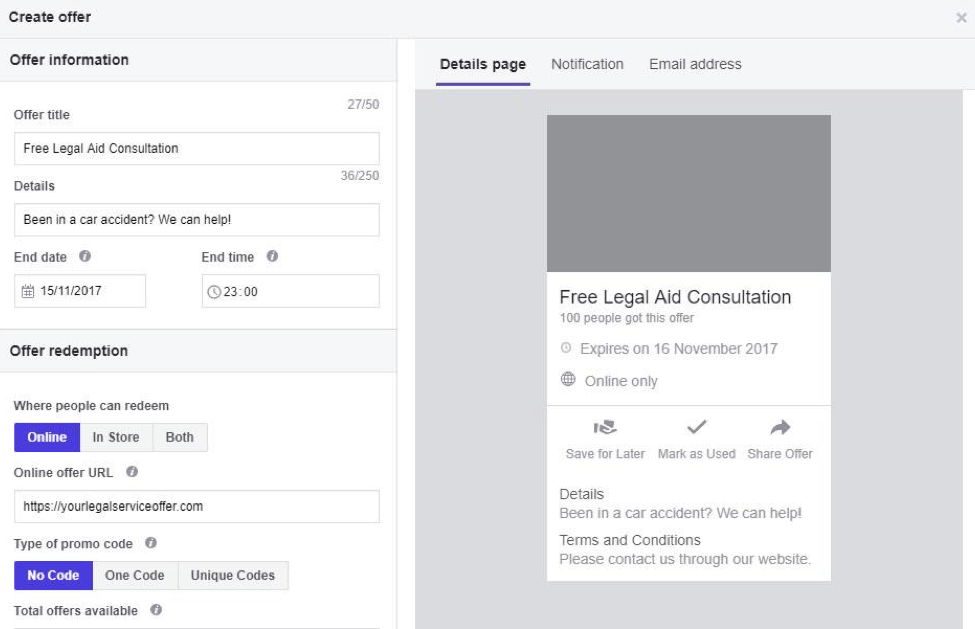 The benefit of setting up a Facebook Ad with an offer is that people who see this ad can save it and receive notifications about it.
The benefit of setting up a Facebook Ad with an offer is that people who see this ad can save it and receive notifications about it.